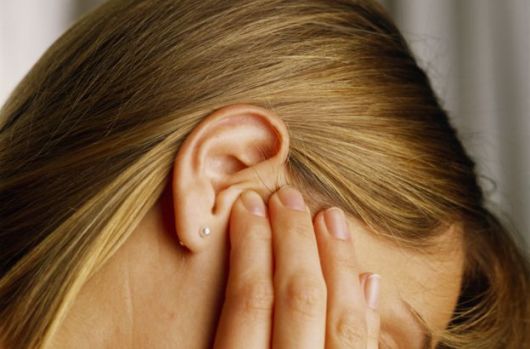Strange noises of our body and its meanings
Does your body speak? The answer, no doubt, is yes. Not only does it send signals that alert us that something is not going well, but, in a daily way, our body makes a series of noises whose meaning we do not always know. Noises that we could define as strangers, although we cannot forget that our body is a machine that must work in a precise way. Noises that, at times pass almost unnoticed, but in other cases also can make us feel some discomfort. When was the last time you heard your body?
Table of Contents
The noises of the human body
Everybody noise has a cause, and this is the one that we are going to reveal through the body to stop in those strange whistles, crunches, beeps … and other noises.
Nose whistle
A light one but constant whistle to breathe, and whose cause is usually the accumulation of mucus in the nostrils to obstruct the passage of air. It is usually a nuisance that accompanies colds and allergies. Of course, if you do not respond to any of these causes, or does not refer, it is advisable to consult the doctor as it may be a sign of a possible torn cartilage of the nostrils. Another of the noises of our body is the sneezes, to clean the nasal passages. By the way, sneeze the air comes out at over 100 km per hour.
Snoring
It is one of the noises that more often produces our body. In fact, it is estimated that 4 out of 10 people snore, both men and women. The main cause of snoring is the obstruction of the upper airway. Snoring can be frequent in the case of people who are overweight by fat that builds up in the neck and also narrows the airway.
Clicking Jaw
A noise that occurs when opening and closing the mouth or chewing. It can also appear when yawning and even talking. The sound comes from temporomandibular joint, and in principle should not occur, so it is advisable to consult the dentist as it may be a warning that something is not right in the opening and closing mandibular. The clicking may also be due to the lack of any dental pieces or the reduction of the size of the pieces.
Borborygmos
Behind this particular name hide the noises that make our abdomen.
These are known as borborygmos or abdominal hydro-noise and it is the noise that the bowels make as they push the food. These noises (like a kind of echo in the intestines), although they may seem annoying, turns out to be a sign of good digestive health. If it appears before mealtime, it is a sign that the stomach is empty.
Belching
Rash in public is considered a rude gesture, but curiously this noise is important for the health of the body, as it allows to release the gases. If these are not released, it tends to accumulate in the intestines, causing the walls to dilate. In more severe cases it may end up puncturing the intestine.
Hiccup
The hiccup is, above all, annoying for who suffers it. This noise occurs when the rhythm of the diaphragm is destabilized, which causes this muscle to contract spasmodically, which causes the air to come out abruptly producing that particular sound and an annoying convulsion.
Cracking of joints
This creaking comes from the fingers, knees or elbows. When we stay a long time in the same posture (sitting, squatting …), the pressure of the joints is reduced and in that space they form a kind of bubbles. These bubbles come from the liquid gas that, when folding the joints, is responsible for keeping them lubricated. The crunch is actually bubbles bursting. A sound that does not cause discomfort, because otherwise it is advisable to consult the doctor as it could be a symptom of deterioration of bones or cartilage.
Ringing in the ear
All at some point, we noticed a buzzing or ringing in the ear (in medical terms, tinnitus). We do not usually pay attention to them because it usually last a few seconds and are often caused by prolonged exposure to loud noises. However, it is advisable to consult the doctor as it can symptom of any infection, wax plugs that need to be removed, or the presence of any foreign object in the ear. It can also reveal some bodily injury (in the spine, bones of the face).
As noted by health experts, this type of noise in the ears is more common in people with high blood pressure or diabetes.
